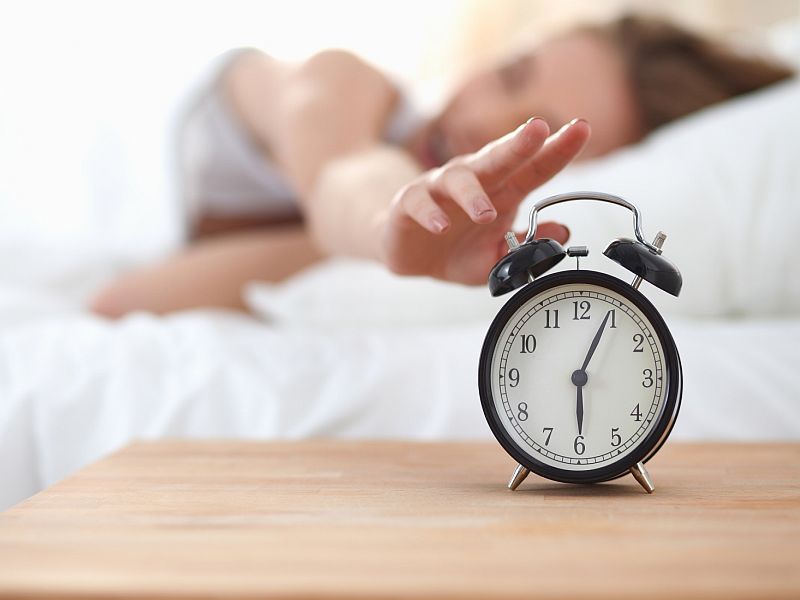
The American Academy of Sleep Medicine (AASM) asked more than 2,000 adults what they plan to do with the extra hour when daylight saving time ends on Nov. 3.
Sleep was the top response (41%), followed by spending the extra hour with friends and family (13%) enjoying a relaxing activity (13%), doing housework and running errands (6%), and catching up on work or studies (5%).
"It's encouraging that people are waking up to the importance of sleep for their health and well-being," AASM president Dr. Kelly Carden said in an academy news release. "The end of daylight saving time is a good reminder that sleep is essential for health, and it is an opportunity to make a commitment to talk to a medical provider about any ongoing sleep problems."
While getting an extra hour of sleep won't eliminate a sleep deficit, waking up feeling more refreshed and alert after the time change may help motivate people to give sleep greater priority, Carden added.
Sleep needs vary among people, but everyone should ensure they get enough sleep regularly to wake to feel refreshed and alert, according to the AASM.
If you consistently wake up feeling unrefreshed or have difficulty staying awake throughout the day, it's a warning sign that you are not getting enough sleep or that you may have a sleep disorder.
If you're sleep-deprived and want to get an extra hour of sleep when daylight saving time ends, the academy suggests this strategy.
Don't change your clocks until it's time for bed. Go to bed at your usual bedtime. Just before getting into bed, set your clocks back one hour. Wake up at your regular wake time, which means you'll have had an extra hour of sleep. Take note of how much better you feel after that extra sleep time.








0 Comments